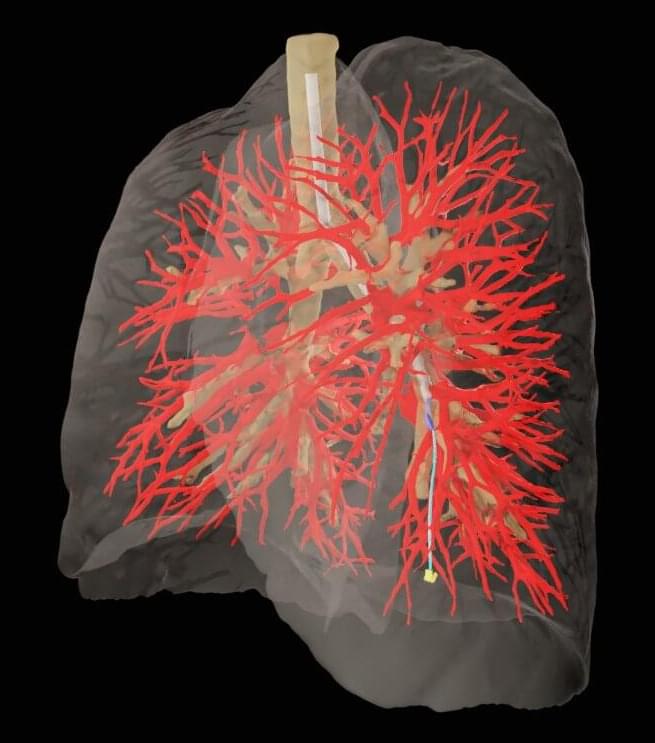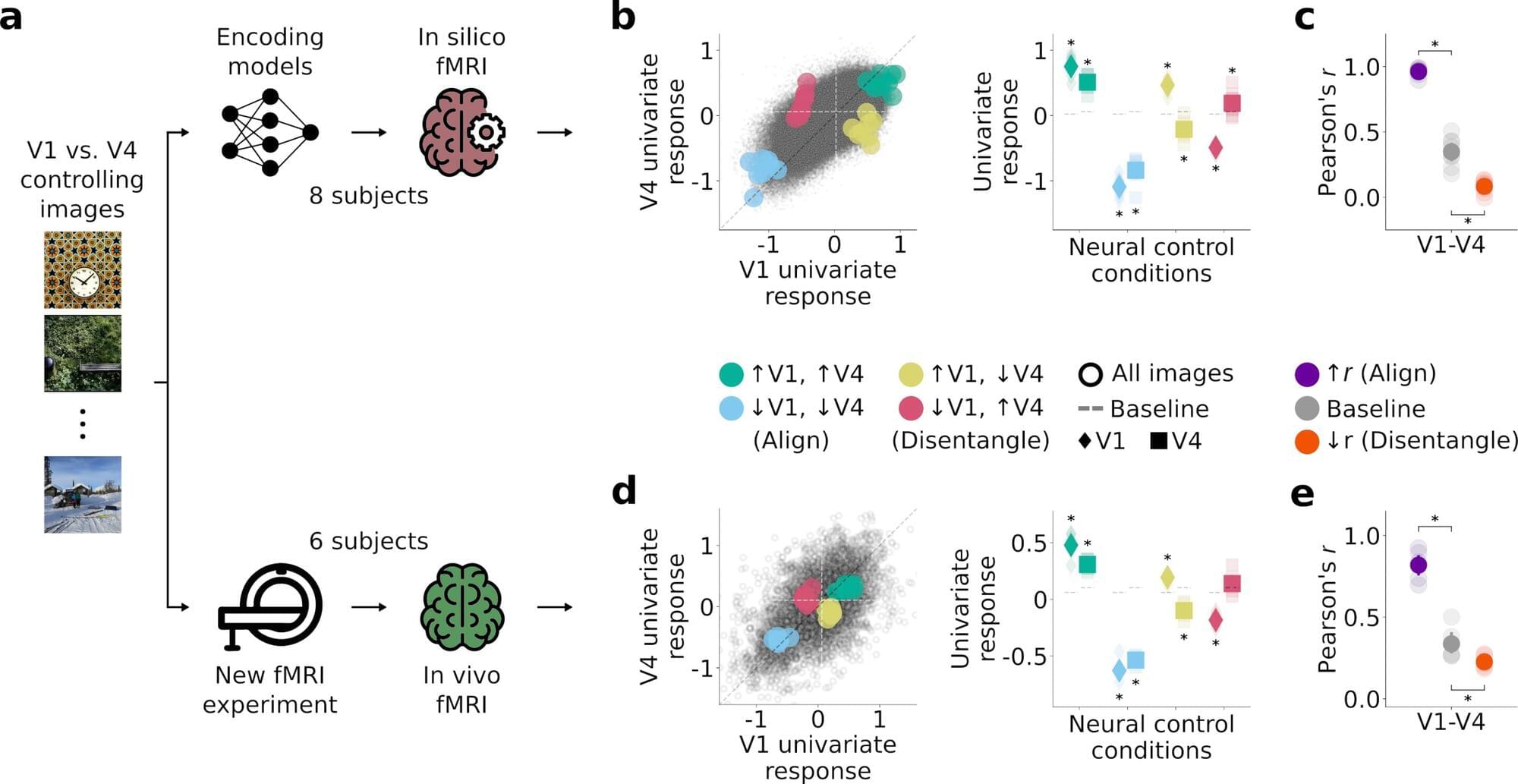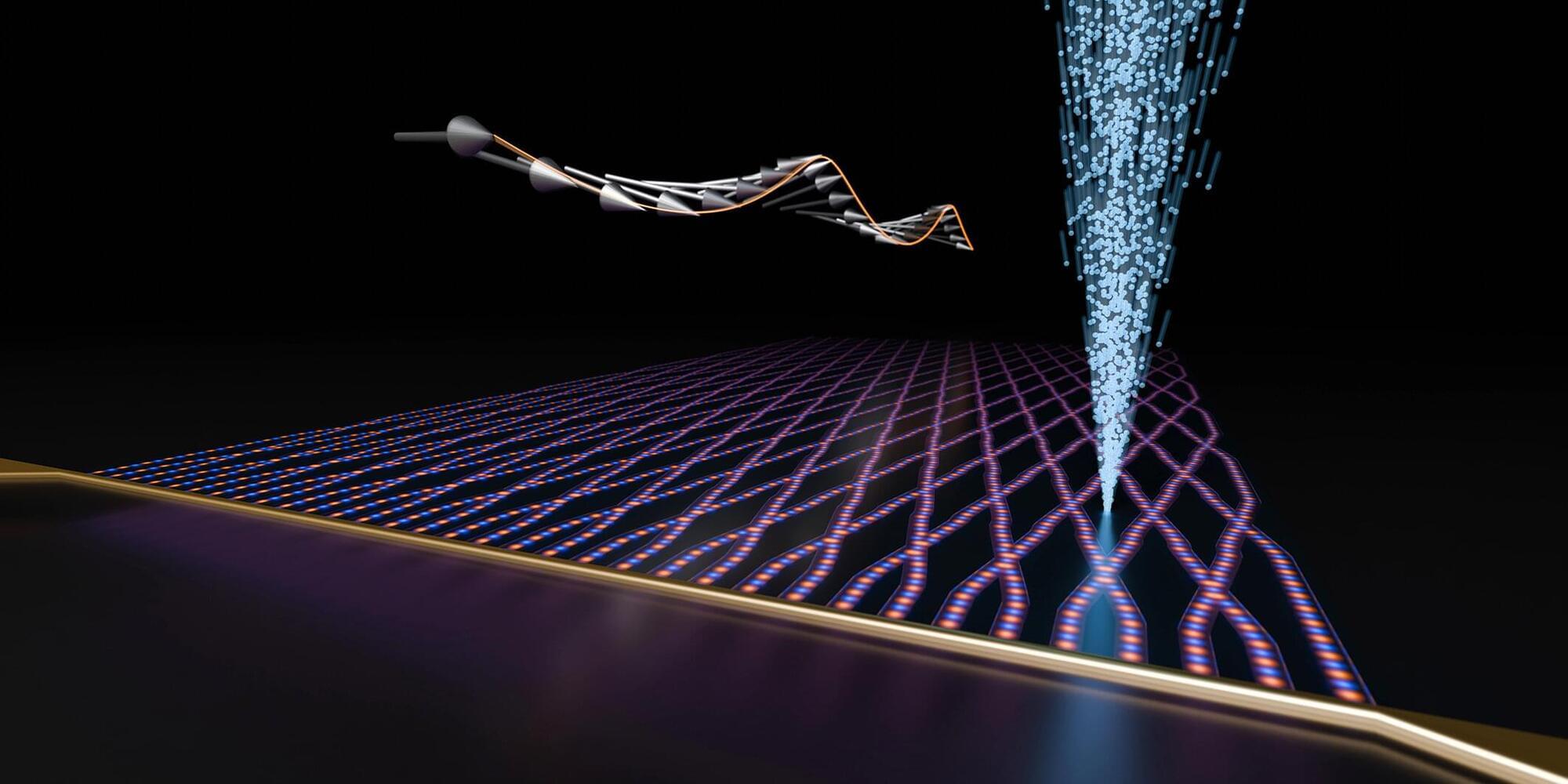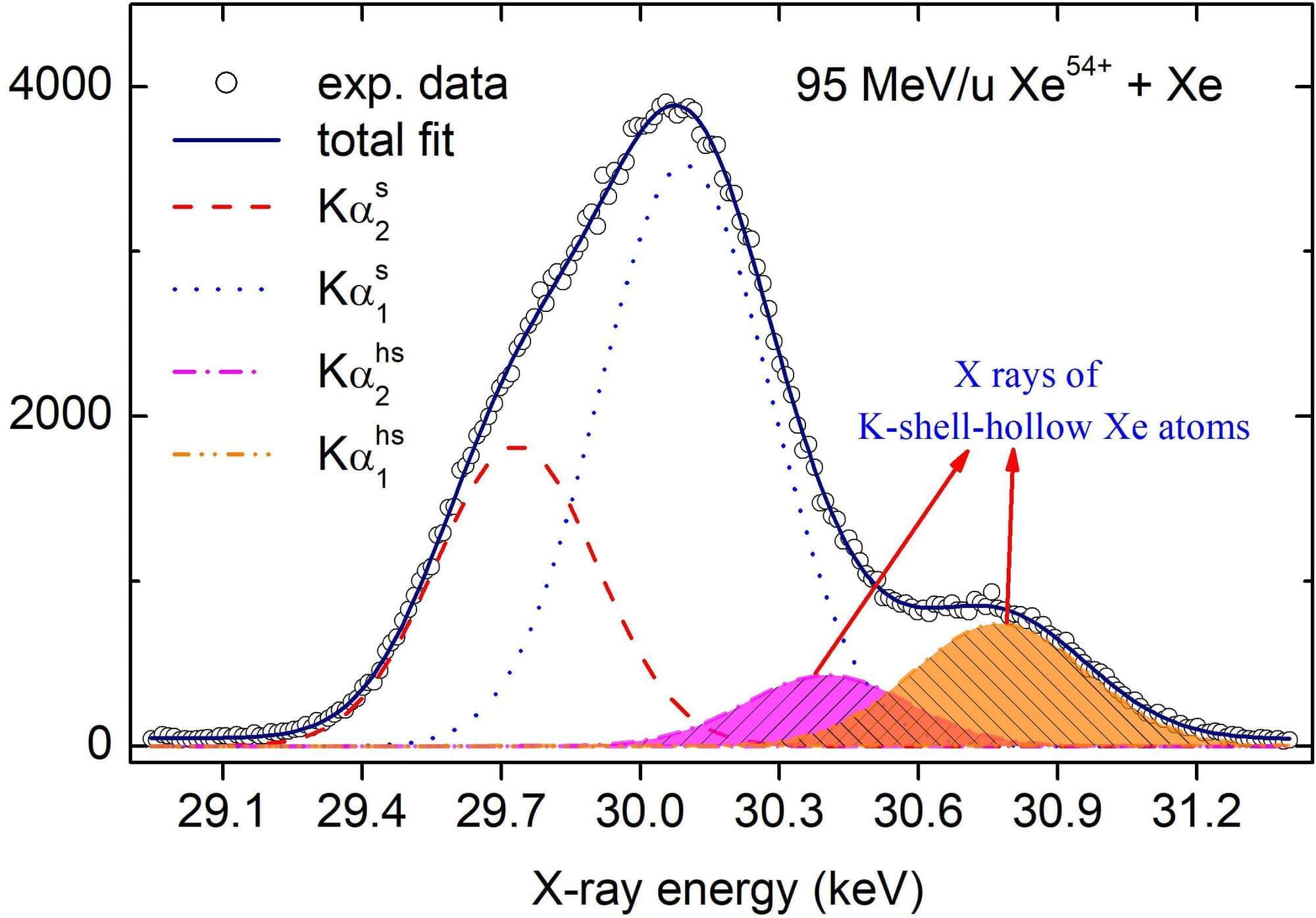Imagine a physician attempting to reach a cancerous nodule deep within a patient’s lung—a target the size of a pea, hidden behind a maze of critical blood vessels and airways that shift with every breath. Straying one millimeter off course could puncture a major artery, and falling short could mean missing the cancer entirely, allowing it to spread untreated.
This is the high-stakes reality physicians face in thousands of procedures daily, where accuracy is critical and the task is complicated by anatomical obstacles that are non-penetrable or sensitive. Can artificial intelligence (AI) and robots help address these challenges and improve patient outcomes?
“A new era of “AI guidance” is dawning in medicine,” says Ron Alterovitz, Lawrence Grossberg Distinguished Professor in the Department of Computer Science. “Robots with advanced AI can assist physicians and automate certain tasks, enabling unprecedented levels of accuracy and making complex procedures safer and more effective.”









